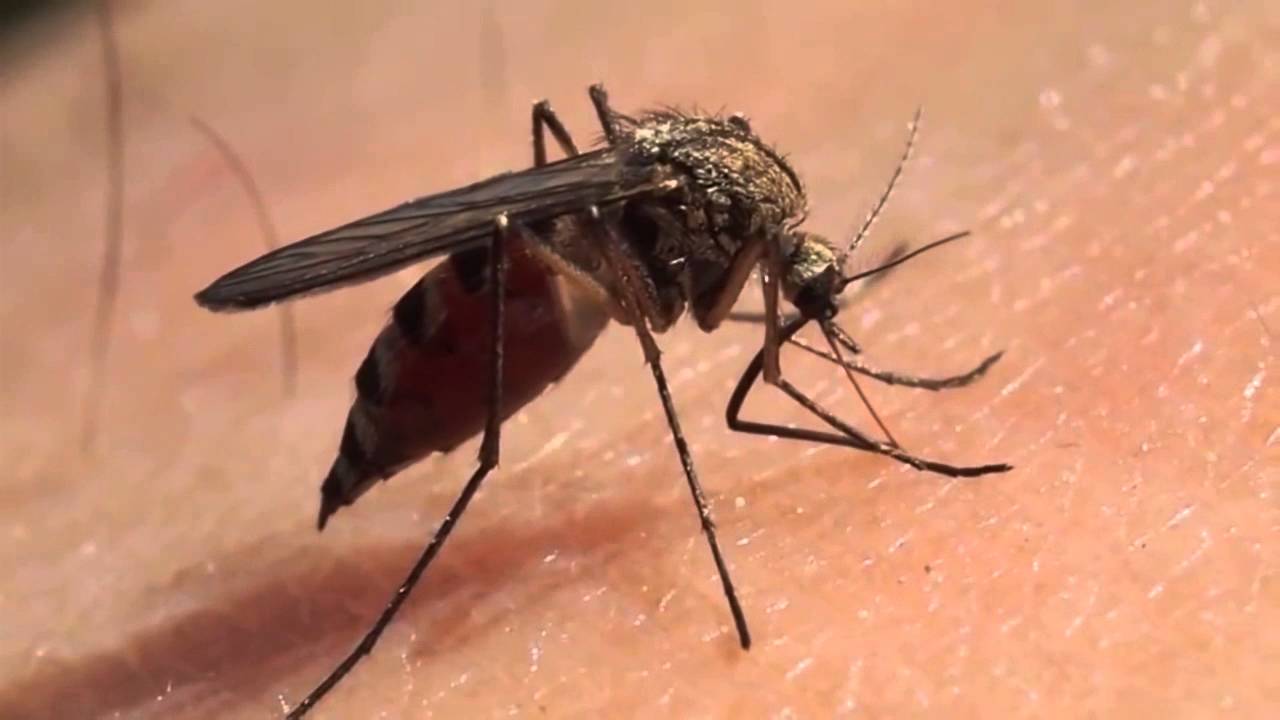A team of researchers is embarking on a unique endeavor known as “pathogen prospecting,” where they are urging fellow scientists worldwide to collaborate in tracking down archival specimens of mosquitoes in various collections to investigate the pathogens responsible for malaria infections in humans.
In a paper published in the Proceedings of the National Academy of Sciences, researchers from McMaster University, Public Health Ontario, and Leiden University in the Netherlands advocate for a comprehensive study of historical mosquitoes to understand how malaria has moved through human populations over time.
By examining individual mosquitoes that transmitted malaria to humans, which are preserved in museums globally, scientists can leverage modern tools such as DNA analysis to unravel the evolution and transmission patterns of the disease. This effort holds promise in not only shedding light on malaria’s historical epidemiology but also in informing strategies to combat the ongoing threat posed by the disease.
Megan Brickley, a paleopathologist at McMaster University, emphasizes the immense research potential stored in entomology collections worldwide, particularly in uncovering information about Plasmodium species, the parasites responsible for malaria. These collections, some dating back to colonial expeditions in the 1700s, represent a valuable resource for studying the trajectory of malaria and its impact on human health.
Over the years, malaria has been predominantly associated with regions characterized by warm climates and dense mosquito populations, such as regions in Africa and South Asia. However, historical records reveal that malaria was once endemic even in cooler regions like Canada and the United States, underscoring the dynamic nature of the disease’s geographical spread.
Factors such as agricultural development, insecticide use, and improved preventative measures have significantly curtailed the reach of malaria. Yet, with changing climate patterns and temperatures, the disease may be poised for a resurgence, necessitating a deeper understanding of its historical context to inform future interventions.
Mark Nelder, a medical and veterinary entomologist at Public Health Ontario, stresses the importance of deciphering malaria’s past to develop innovative insecticides and vaccines. By engaging in pathogen prospecting, researchers aim not only to reconstruct malaria’s historical journey but also to gain insights into pathogen evolution and predict future malaria distribution based on climate changes.
This collaborative effort, led by Nelder, Brickley, and Amanda Cooke, a Ph.D. student specializing in historical malaria, alongside Hendrik Poinar and Rachel Schats, offers a unique opportunity to illuminate the intricate history of malaria and its implications for the ongoing global fight against the disease.
*Note:
1. Source: Coherent Market Insights, Public sources, Desk research
2. We have leveraged AI tools to mine information and compile it.


